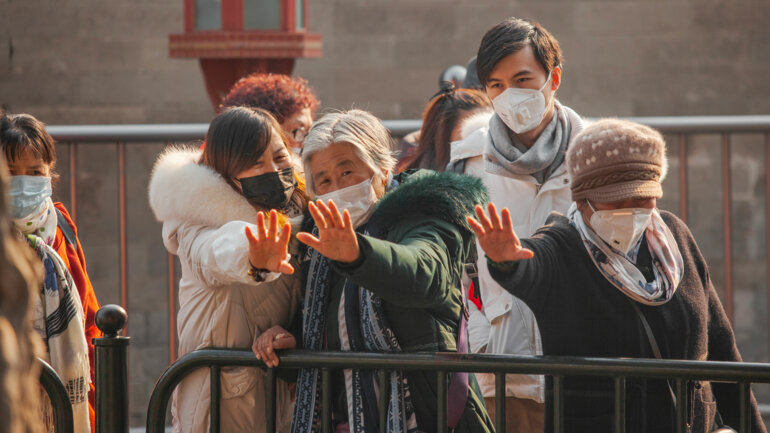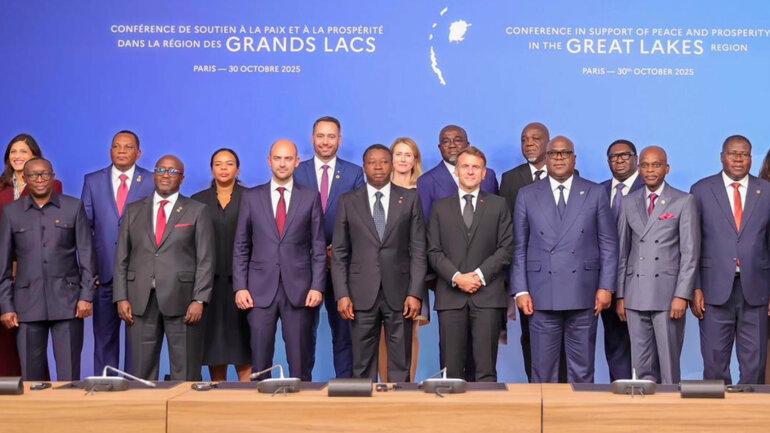
- Diplomatie

Nine members of the Togolese National Assembly, including Jean-Pierre Fabre (photo), have lost their seats following a ruling on Monday by the Constitutional Court, which ordered that they be replaced by their deputies.
The nine members, all former members of the Union of Forces for Change (UFC), left the party to form the National Alliance for Change (ANC), following disagreements they had with their chairman, Gilchrist Olympio, who had joined the government.
The court said it took the decision based of letters of resignation they allegedly sent to the National Assembly. Supporters of Fabre denied having sent any letters of resignation and promised legal action for "forgery and use of false documents".
After the legislative elections of 14 October, 2007, UFC mandated its candidates to sign letters of resignation in a bid to avoid cross-carpeting to swell the ranks of the ruling Rally of the Togolese People (RPT) like other opposition parties did in 1994. Olympio, taking advantage of the letters, influenced the National Assembly to effect the resignation of those members.
Most of the sacked MPs were former aides of Olympio, including Jean-Pierre Fabre (chair), Patrick Lawson (first vice-chair) and Isabelle Améganvi, second vice- chair of the ANC. Olympio's decision on 26 May, 2010, to join the government, without the consent of the executive members of the UFC, created a division within the former main opposition party.
At the National Assembly where the UFC has 27 members, 20 members support Fabre and seven for Olympio.
With the decision of the Constitutional Court, things may change as the deputies belong to both camps. Political observers said Olympio is maneuvering to have more MPs than Fabre so as to help RPT have the 3/5 majority needed to sway major decisions at the National Assembly.





